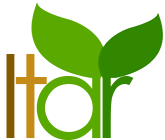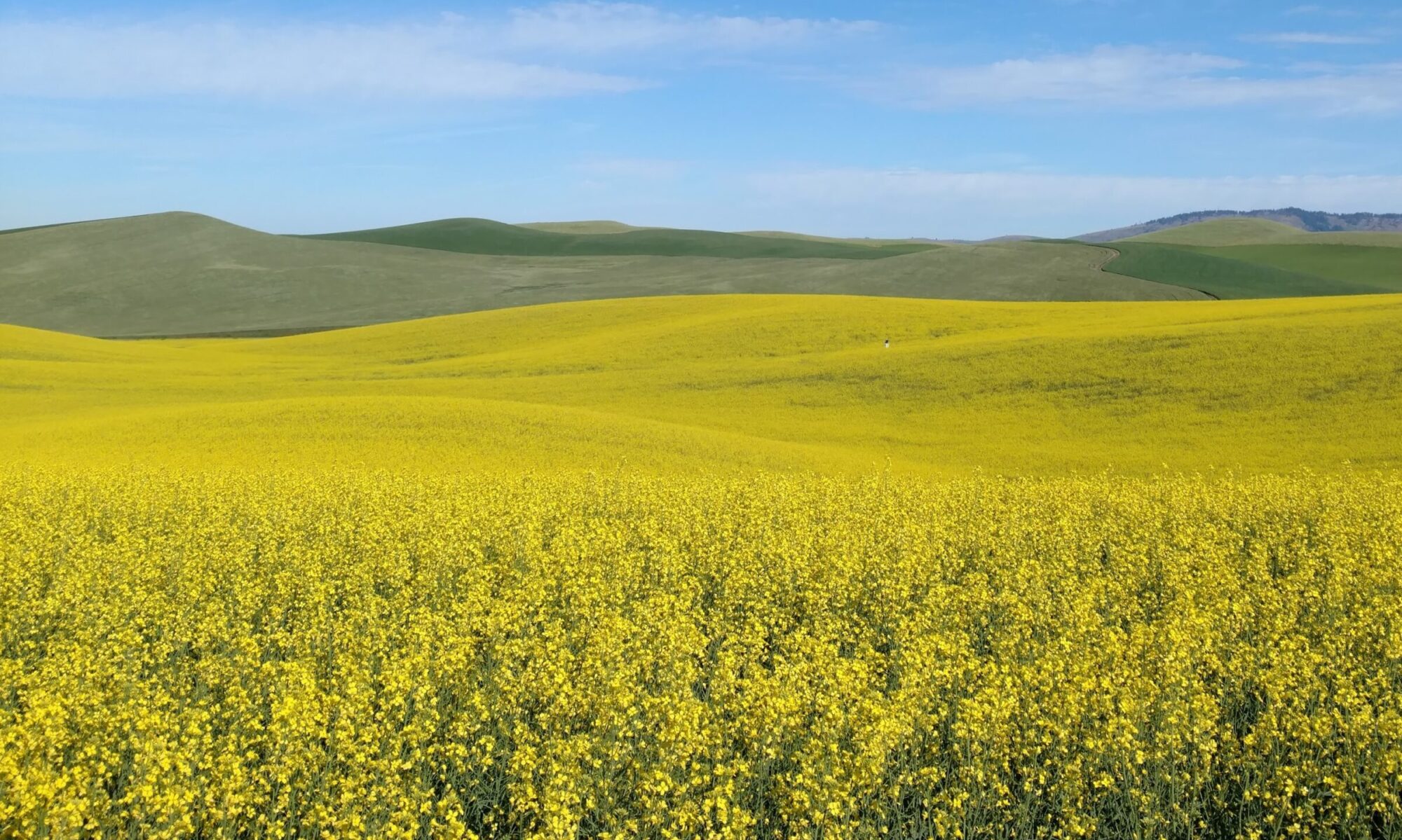Drowning in data and starving for knowledge, agricultural decision makers require evidence-based information to enlighten sustainable intensification.
The R.J. Cook Agronomy Farm Long-Term Agroecosystem Research (CAF-LTAR) group is a member of the USDA-ARS Long-Term Agroecosystem Research Network with a focus on sustainable intensification in the dryland cropping region of the Inland Pacific Northwest. CAF-LTAR is a partnership between the USDA-ARS Northwest Sustainable Agroecosystems Research (NSAR) unit, Washington State University (WSU), University of Idaho (UI), and other public and private partners.
While the project area covers much of the Columbia Plateau, it is named for its primary research farm near Pullman, WA. The WSU R.J. Cook Farm was launched as a long‐term, direct‐seed cropping systems research program by a team of USDA‐ARS and Washington State University (WSU) scientists in 1998.
The agroecological footprint of the CAF-LTAR is embedded within 9.4 million ha of multiple land uses primarily cropland (2.9 million ha) and rangeland (5.3 million ha) that span a wide annual precipitation gradient (150 mm through 1400 mm) with diverse social and natural capital.
Agricultural challenges include:
- soil erosion
- declining soil organic matter
- soil acidification
- herbicide resistance
- lack of cropping system diversity
- increased negative impacts of extreme weather events
- overall lack of adaptive capacity
At the CAF-LTAR basic and applied research is conducted at plot, landscape, and farm scales. At the regional scale, research is extended to the dryland cropping region of the inland Pacific Northwest and includes long-term studies at several locations as well as crop modeling and other research contributing to sustainable agriculture.
The CAF-LTAR strives to provide socio-economical and bio-physical science with goals of enhancing decision support for precision and conservation agriculture and synergistic cropping system intensification and diversification.
Go to our Research page to learn more about our projects.
The CAF-LTAR is a member of the USDA-ARS Long-Term Agroecosystem Research Network.

